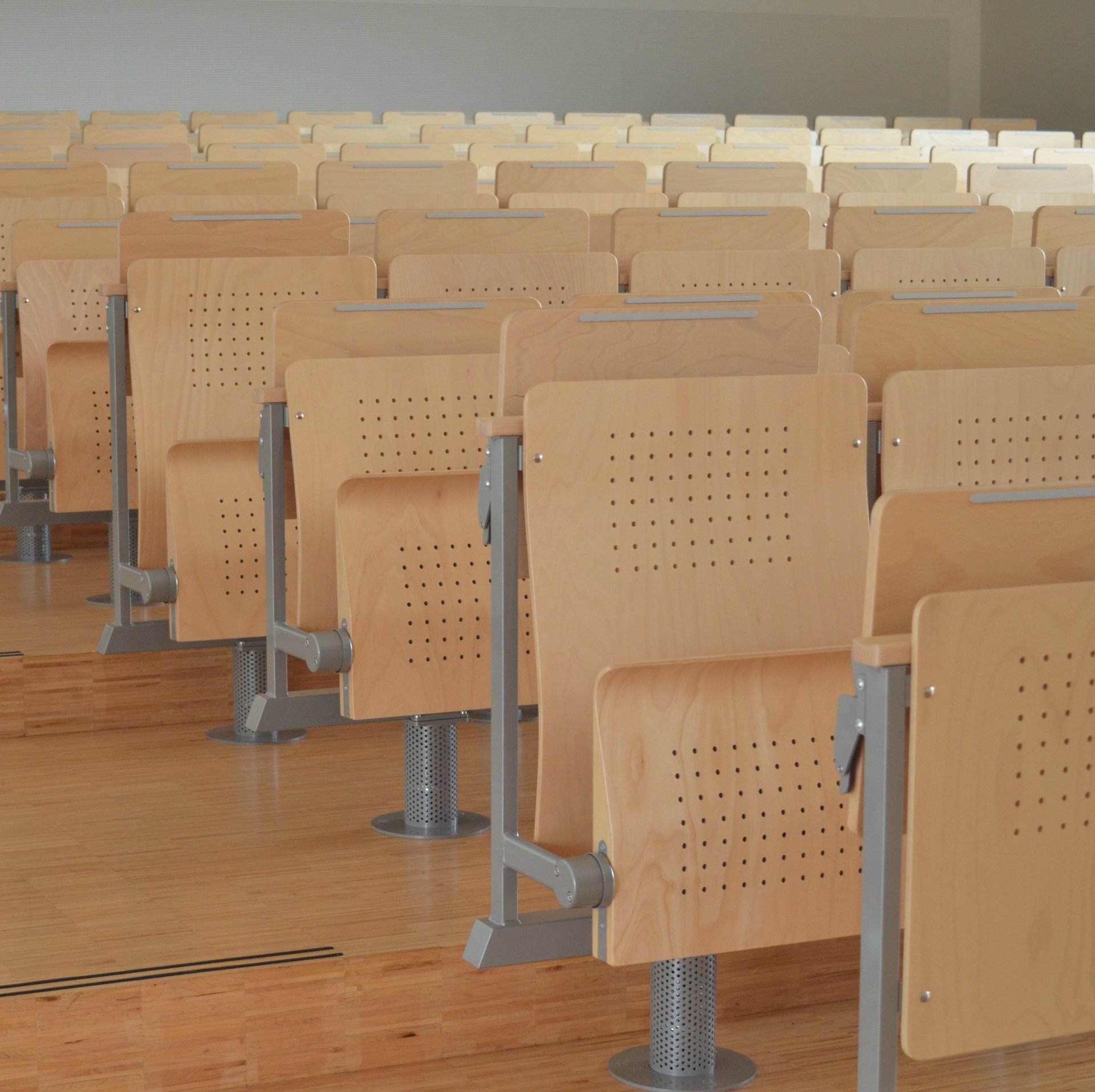- Presse
- Pressemeldungen 2021
- Seminare 2021
- PD Dr. Cedric Meunier: Top-down and bottom-up processes associated with microzooplankton during phytoplankton blooms
PD Dr. Cedric Meunier: Top-down and bottom-up processes associated with microzooplankton during phytoplankton blooms
Top-down and bottom-up processes associated with microzooplankton during phytoplankton blooms
Global change puts coastal marine systems under enormous pressure, threatening community structure and functioning. In particular, plankton communities which play a crucial role in the overall functioning of marine food webs, are particularly sensitive to simultaneous changes in temperature, pH, and dissolved nutrient concentrations. The biomass, diversity, as well as the trophic interactions that take place between planktonic organisms are all expected to be impacted by global change, but changes in ecosystem functioning remain largely unknown since most studies thus far have focused on single stressor effects most studies. Through a multiple-driver approach, we tested the impact of different IPCC scenarios and realistic nutrient regimes shifts on different trophic levels and their interactions by conducting indoor microcosm and field mesocosm experiments with North Sea plankton. Overall, our results indicate that marine coastal planktonic food webs may shift from being mesozooplankton-dominated towards a dominant role of the microbial loop in response to global change. Such shifts in bottom-up and top-down processes are not anodyne. While microzooplankton are a natural trophic link between phytoplankton and bacteria on the one hand, and mesozooplankton on the other hand, intensified trophic pathways through microzooplankton may diminish energy transfer efficiency to higher trophic levels, thereby creating a ‘trophic sink’ for production in the food web.
To join the seminar, please use the following link:
